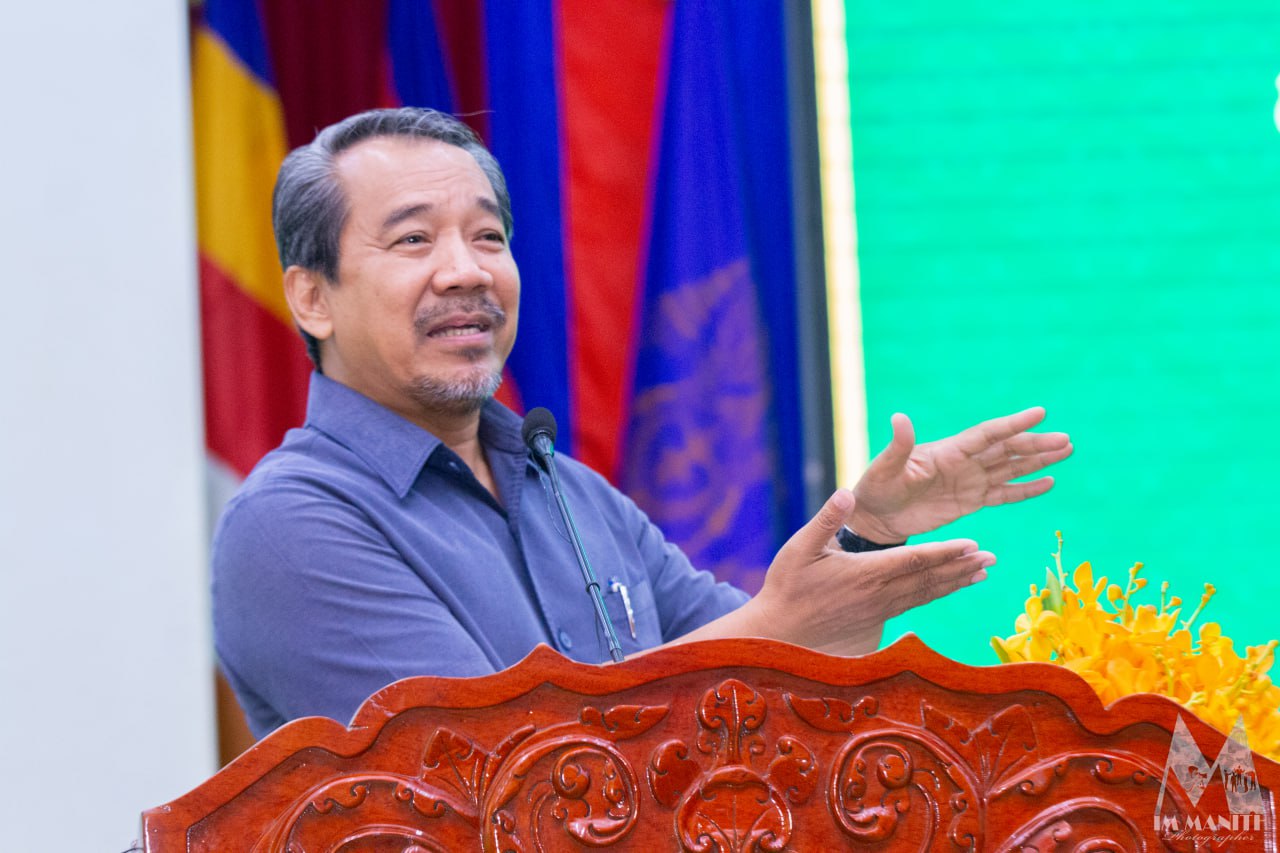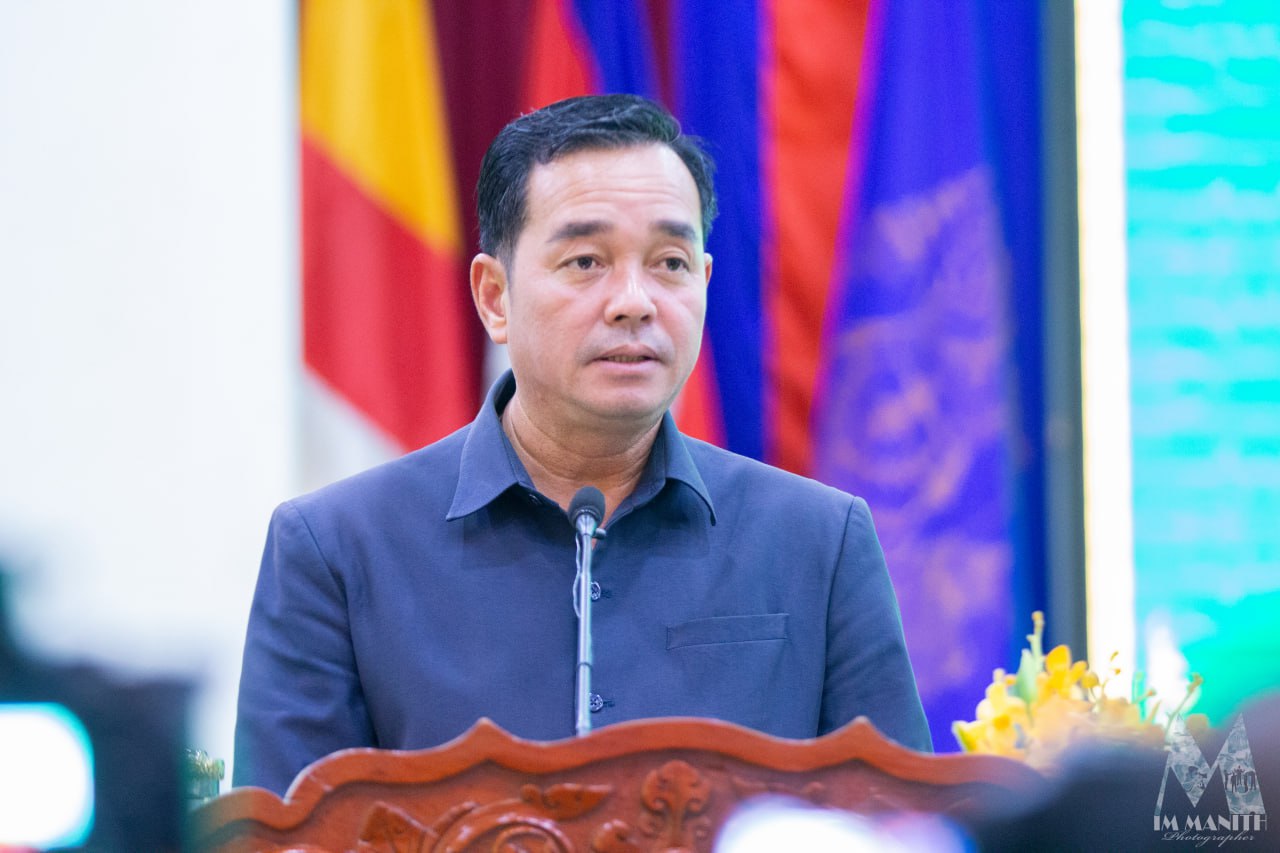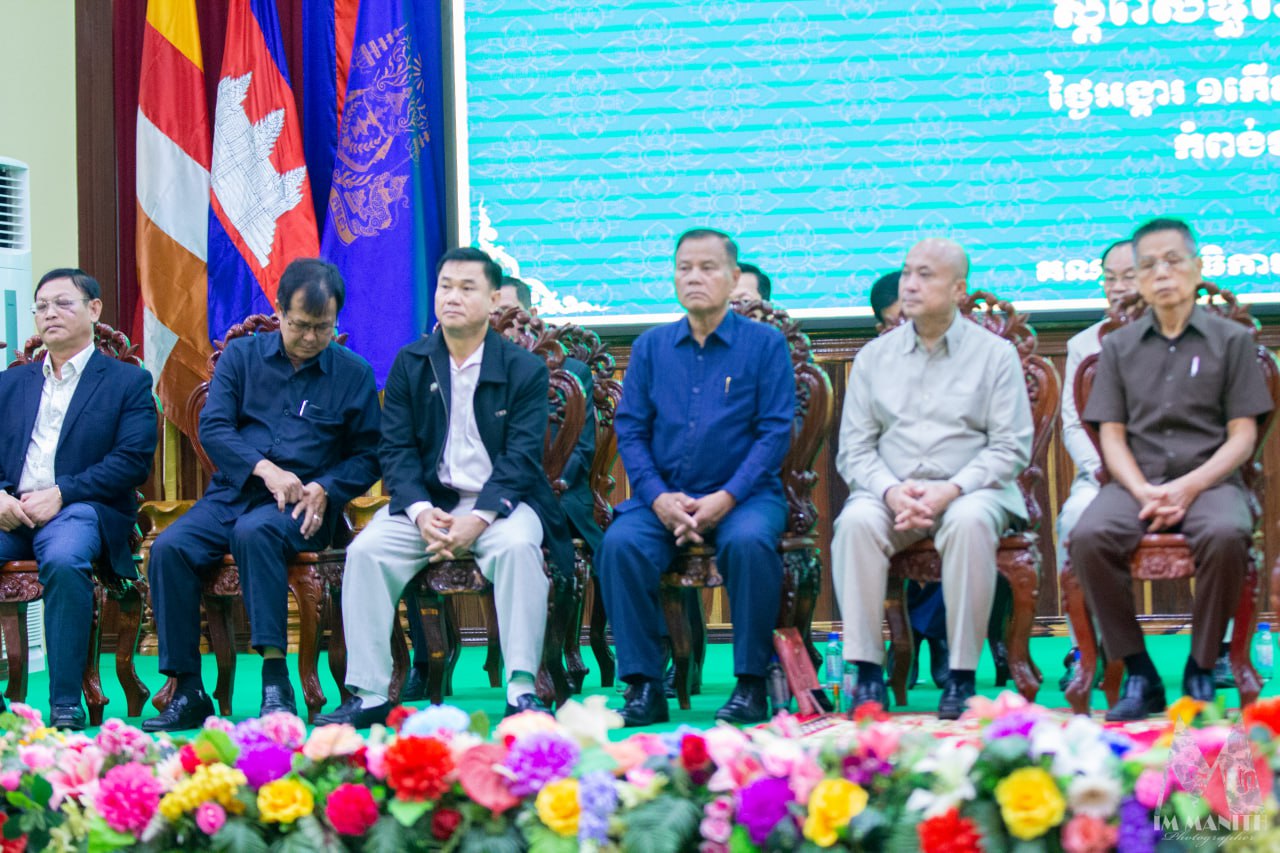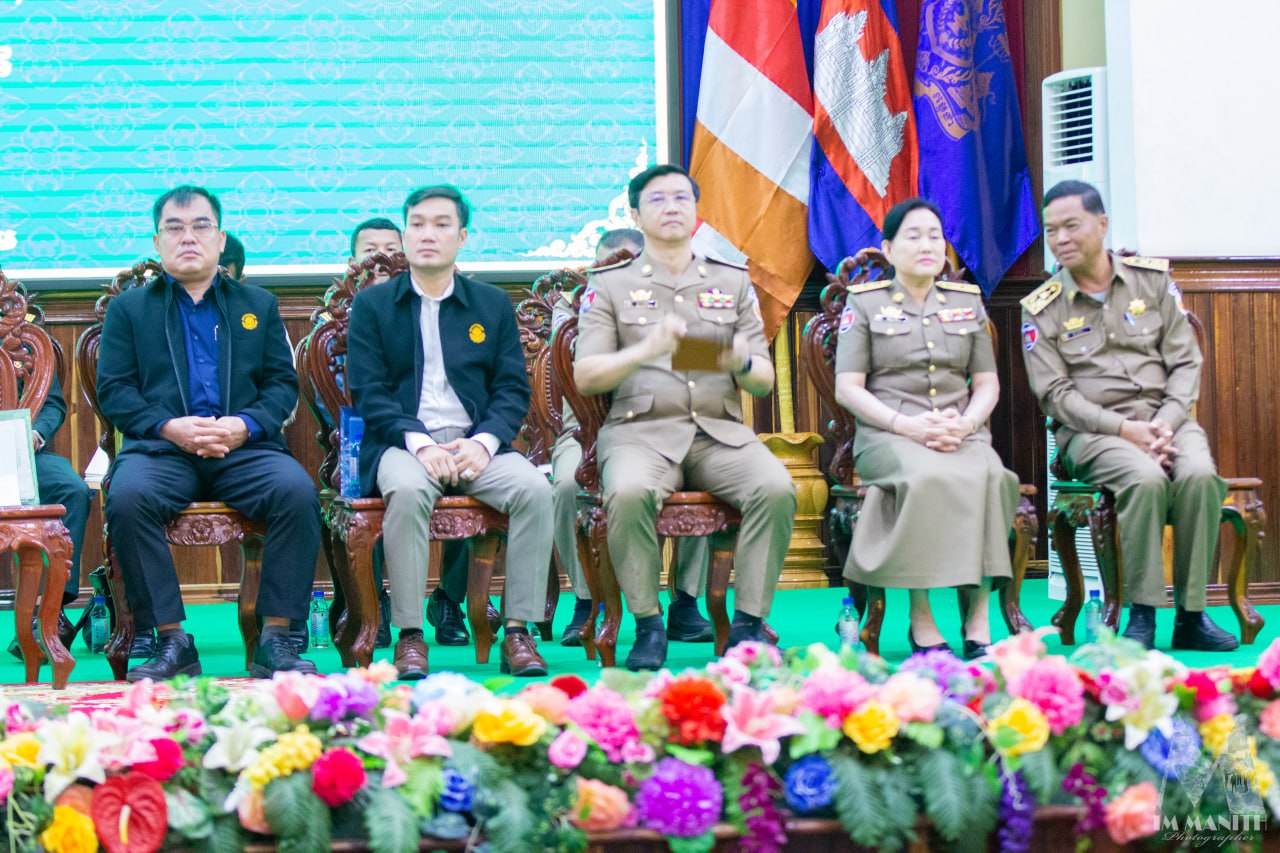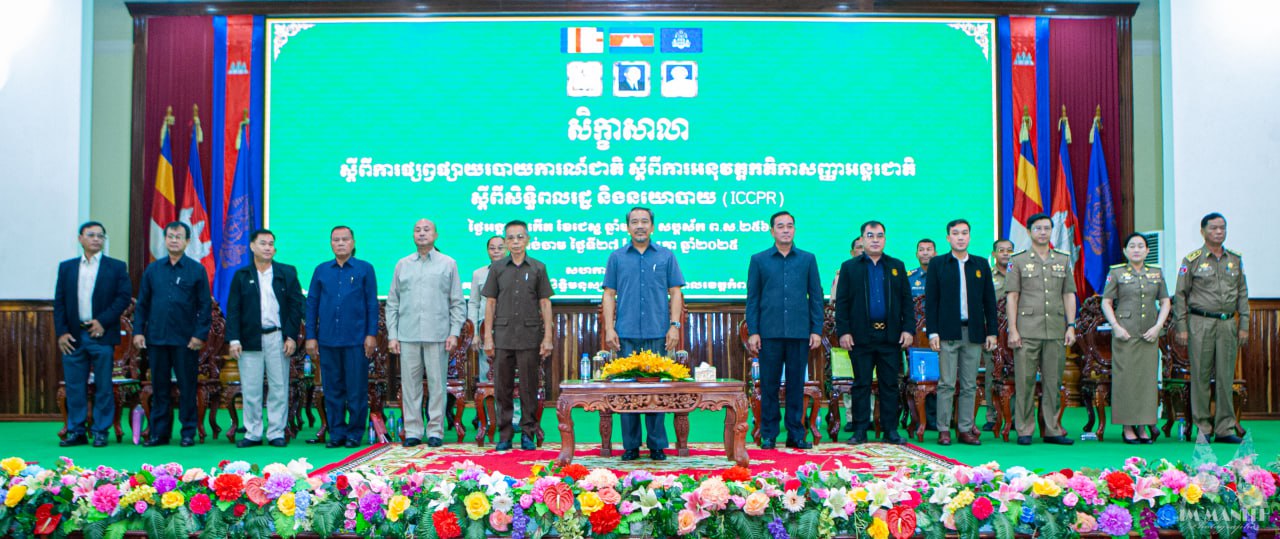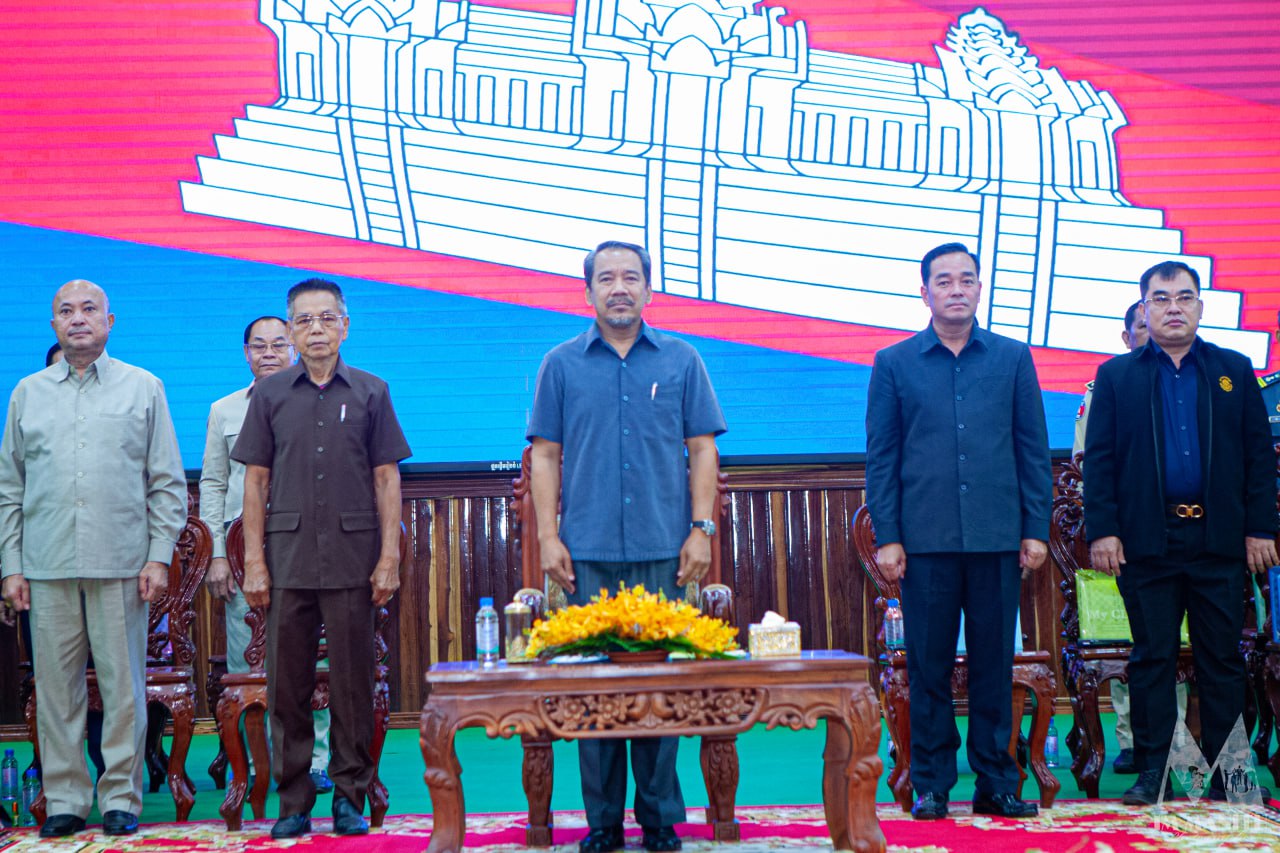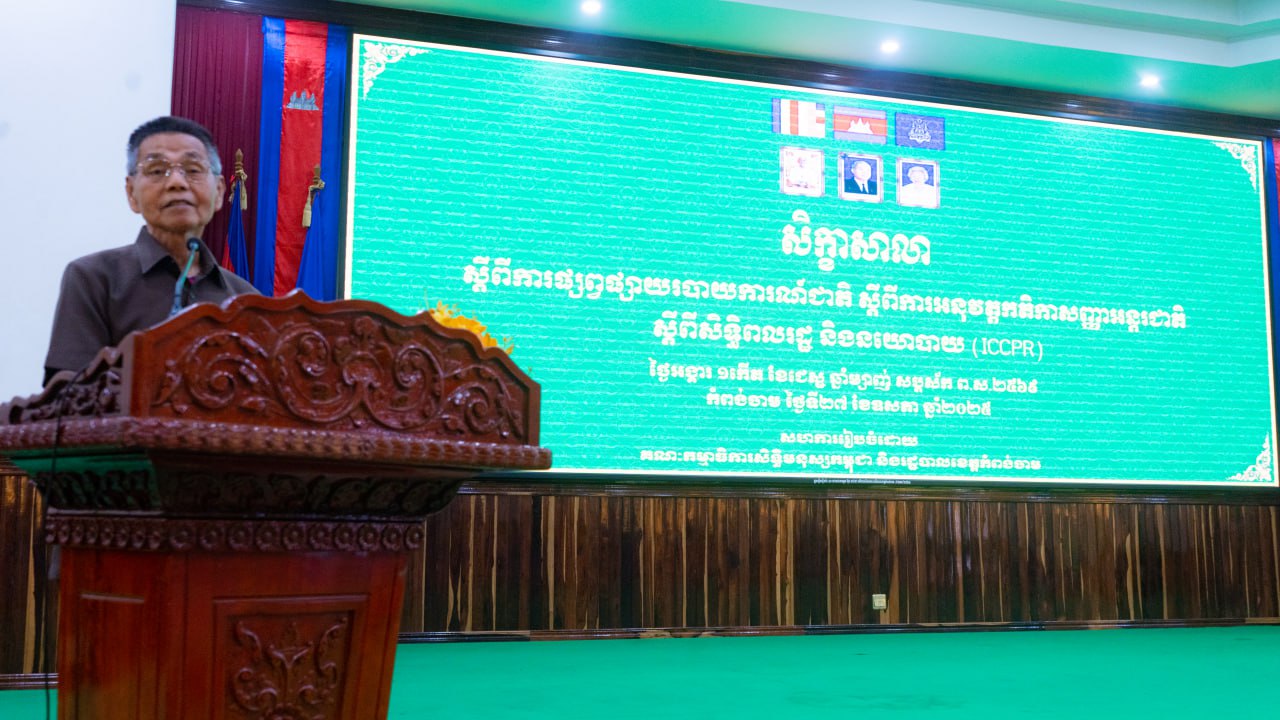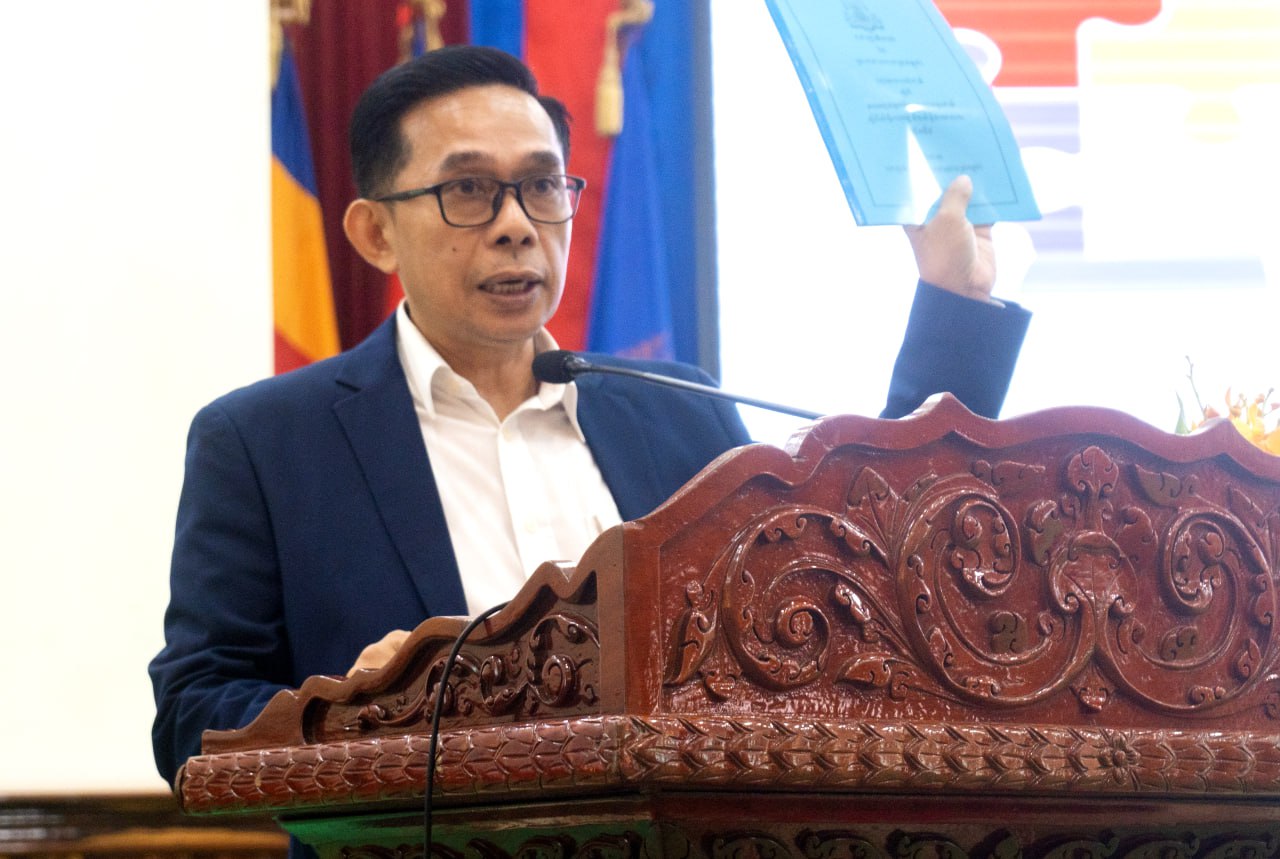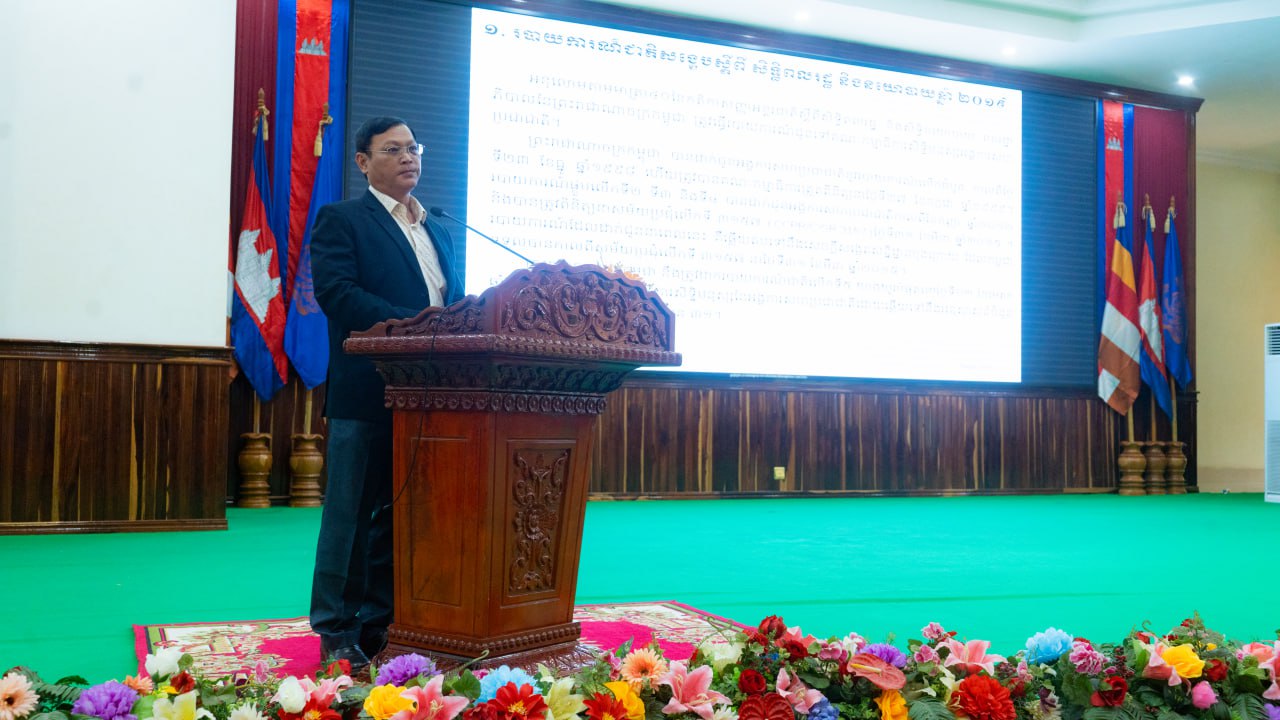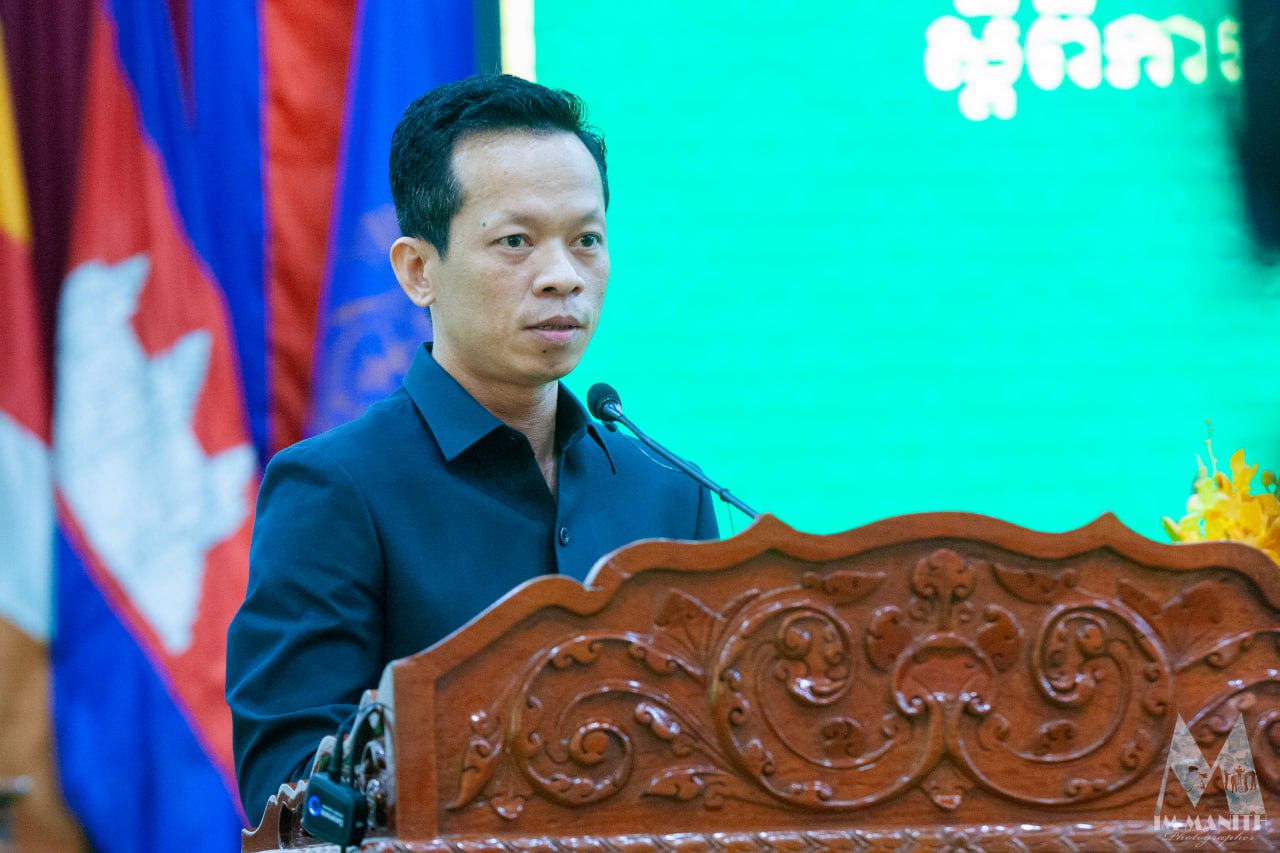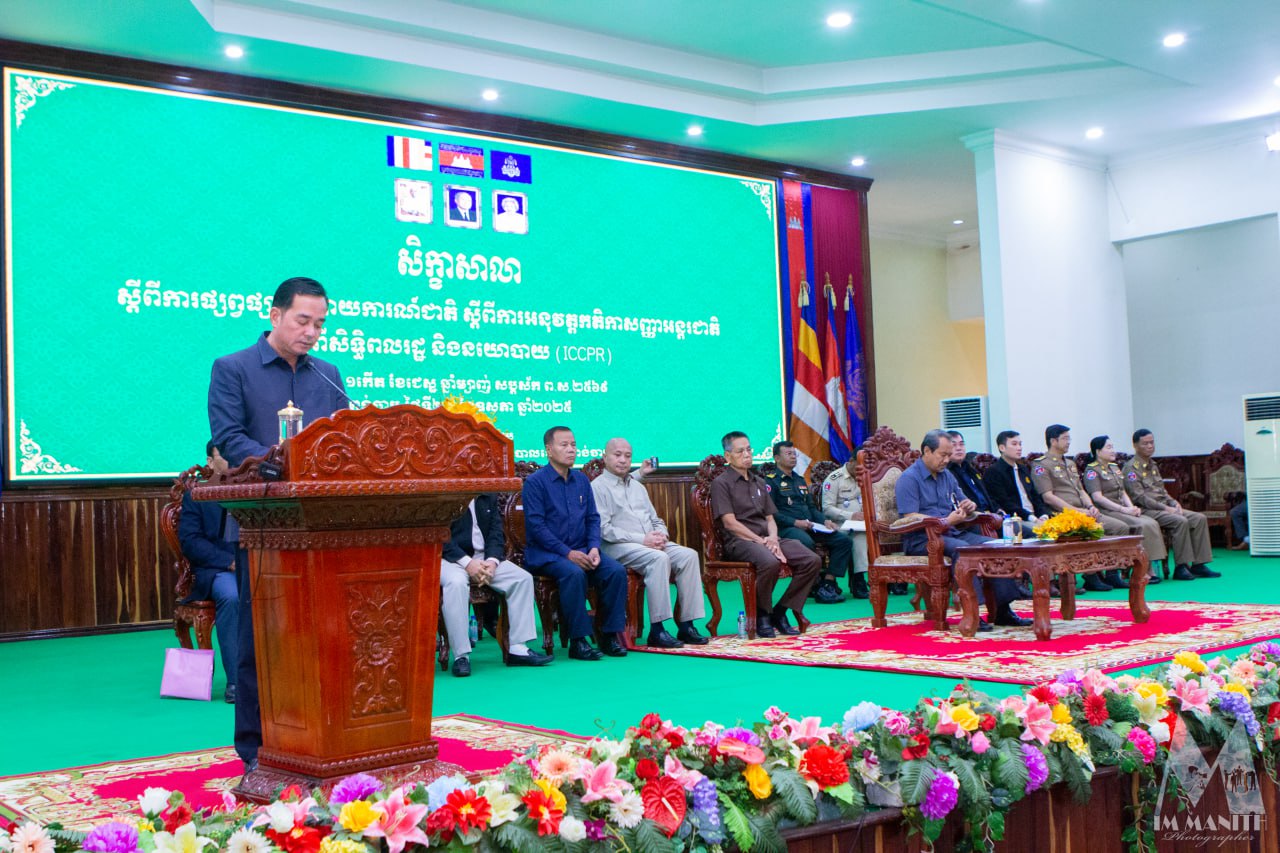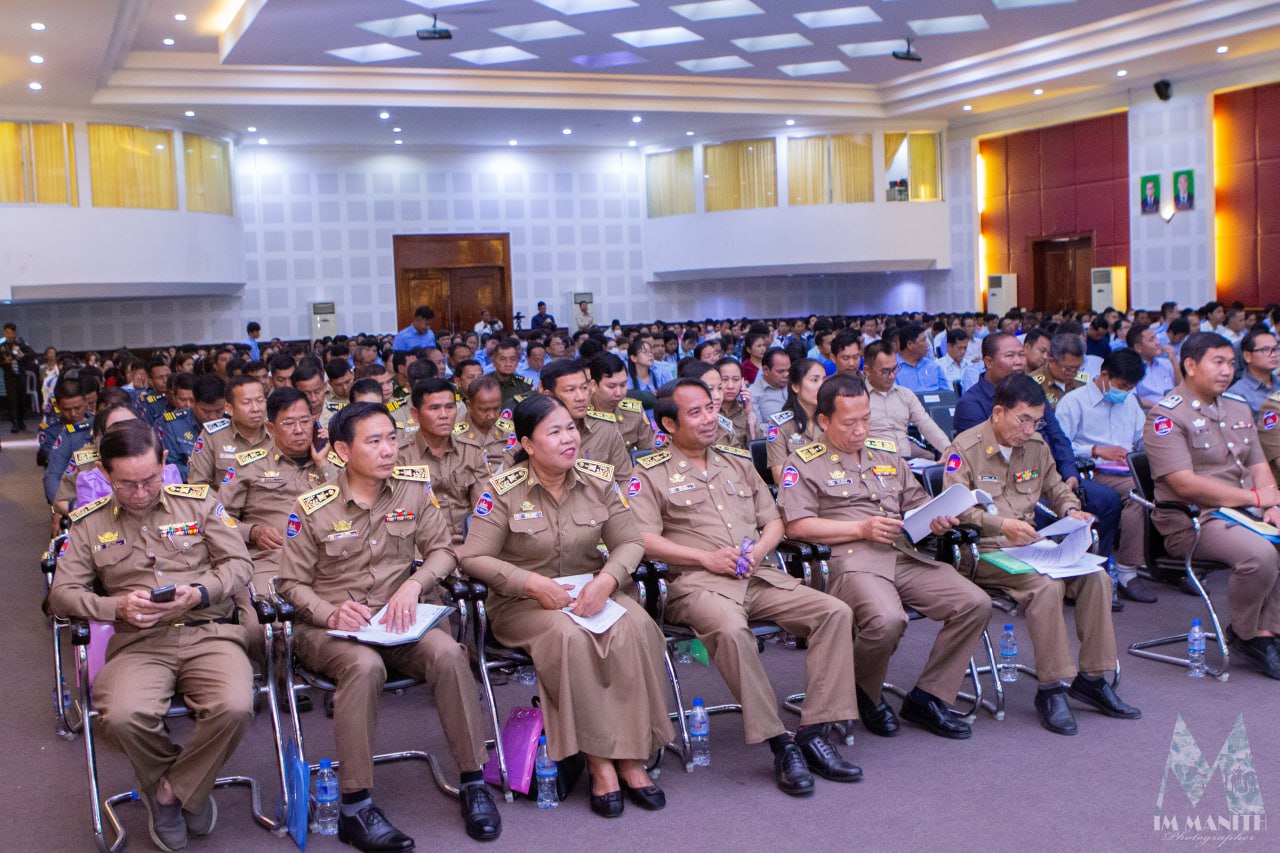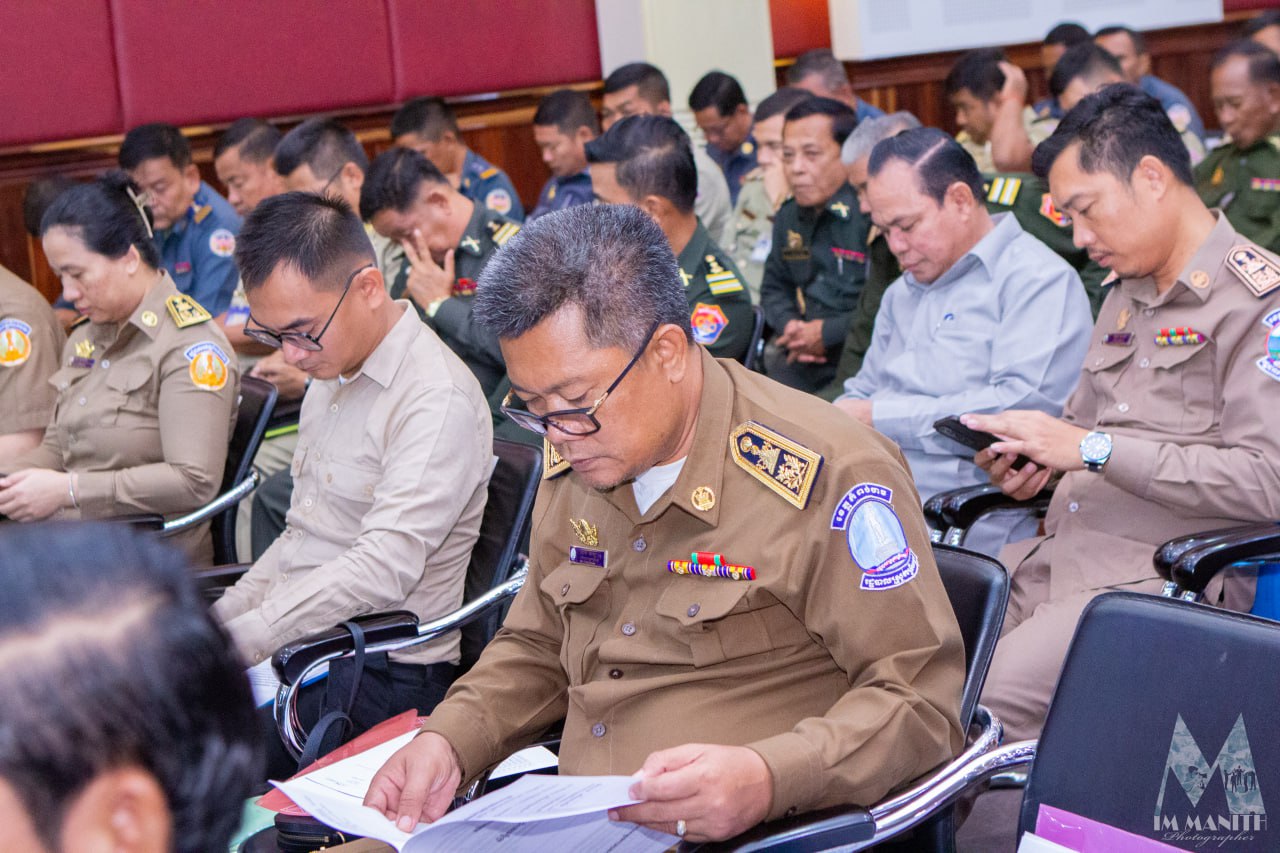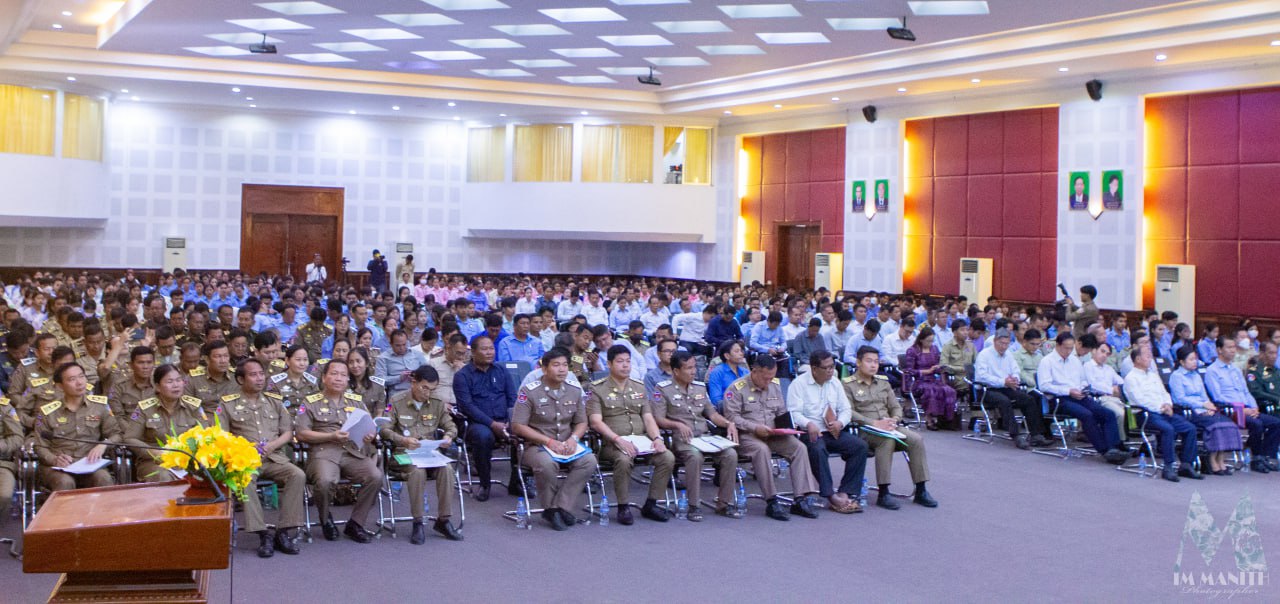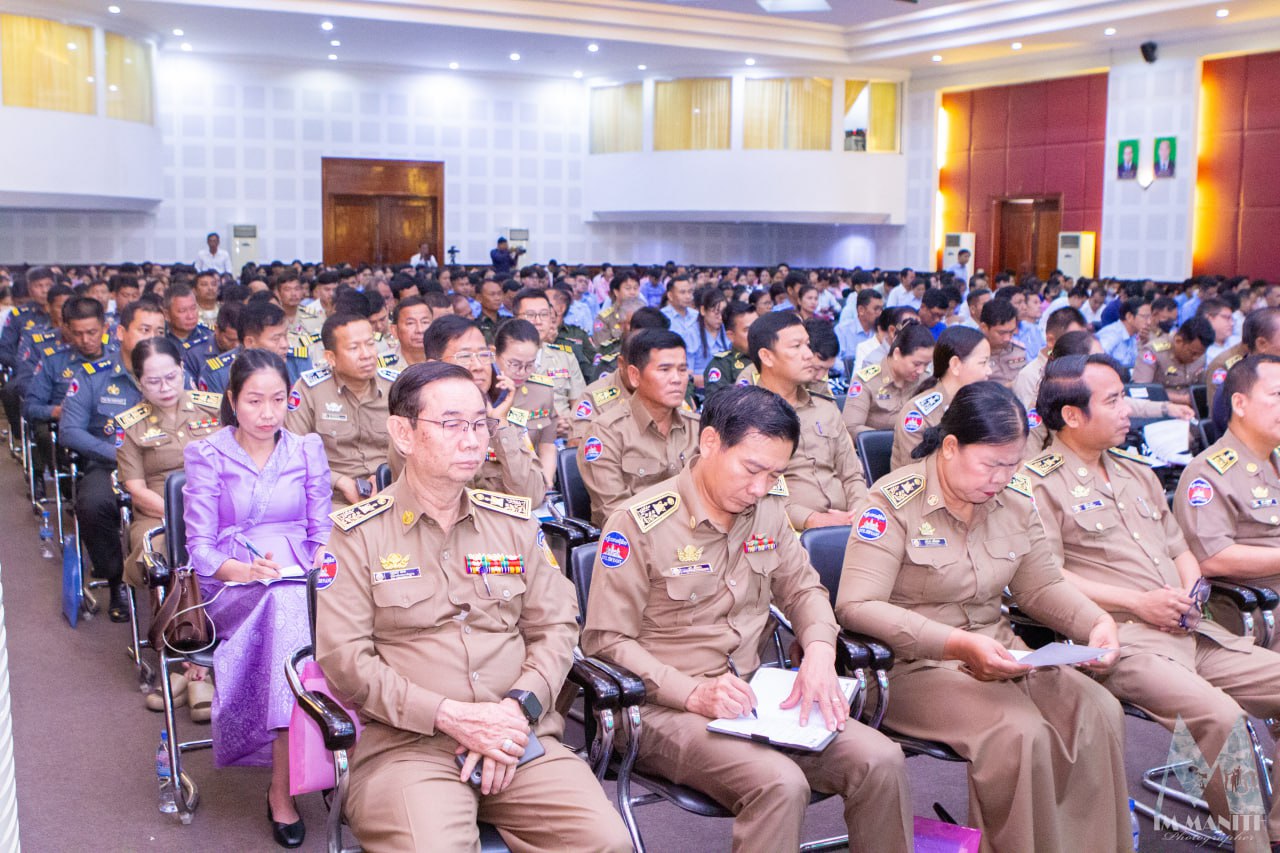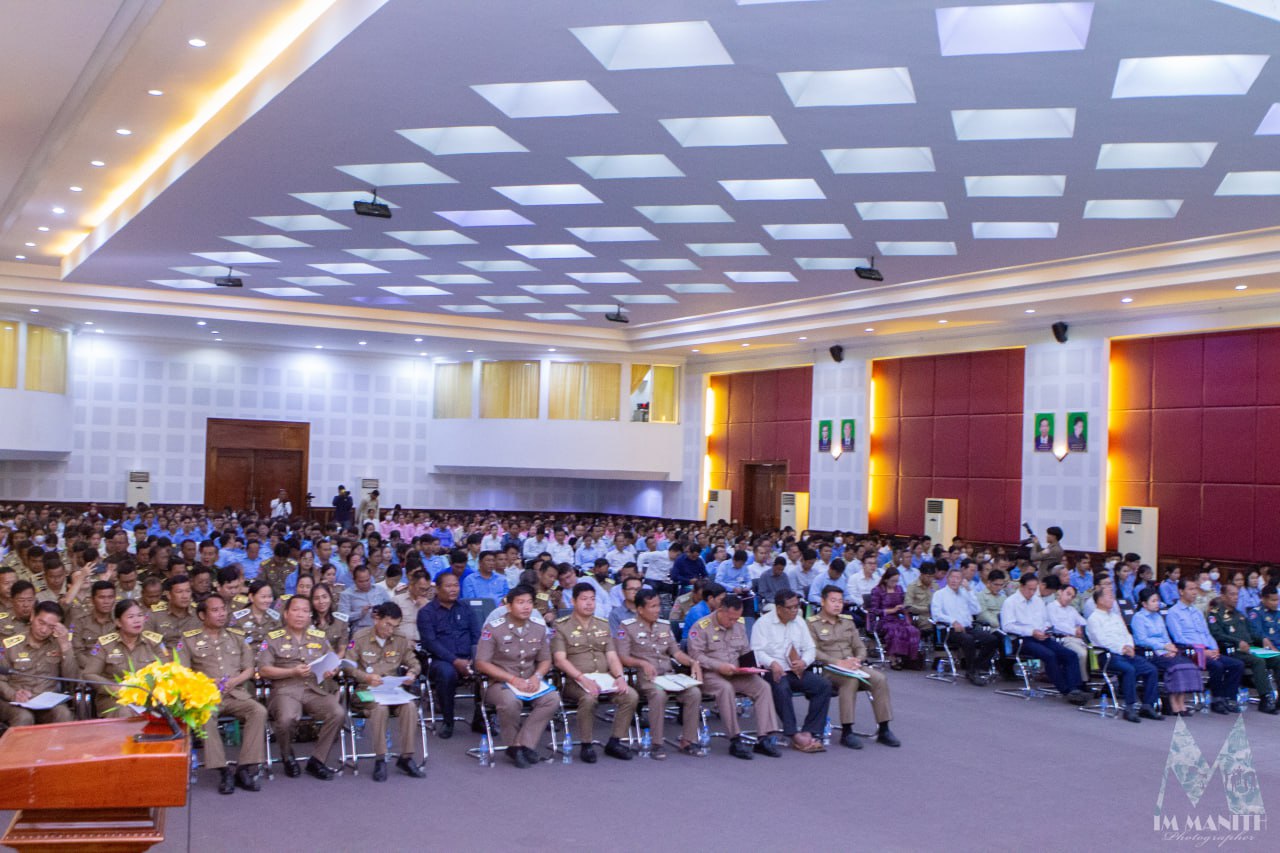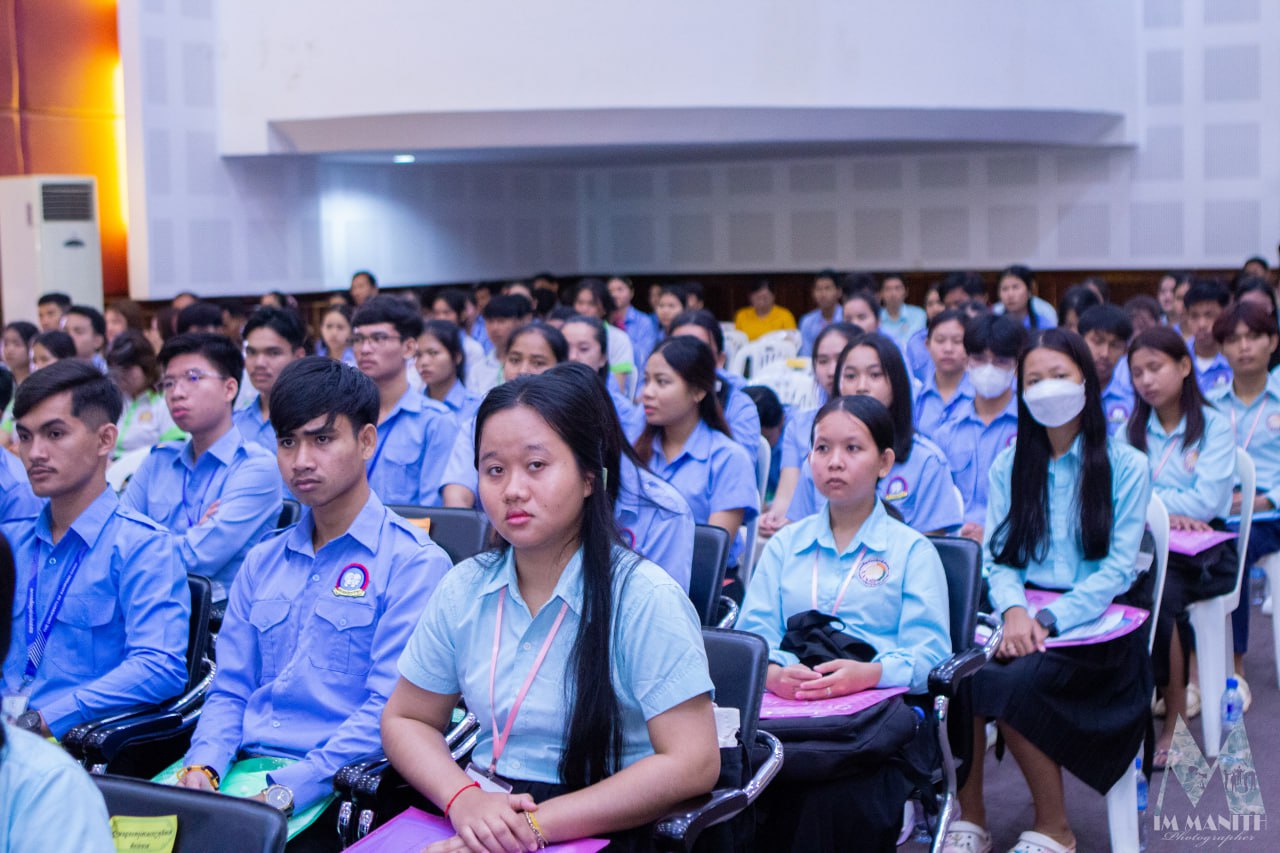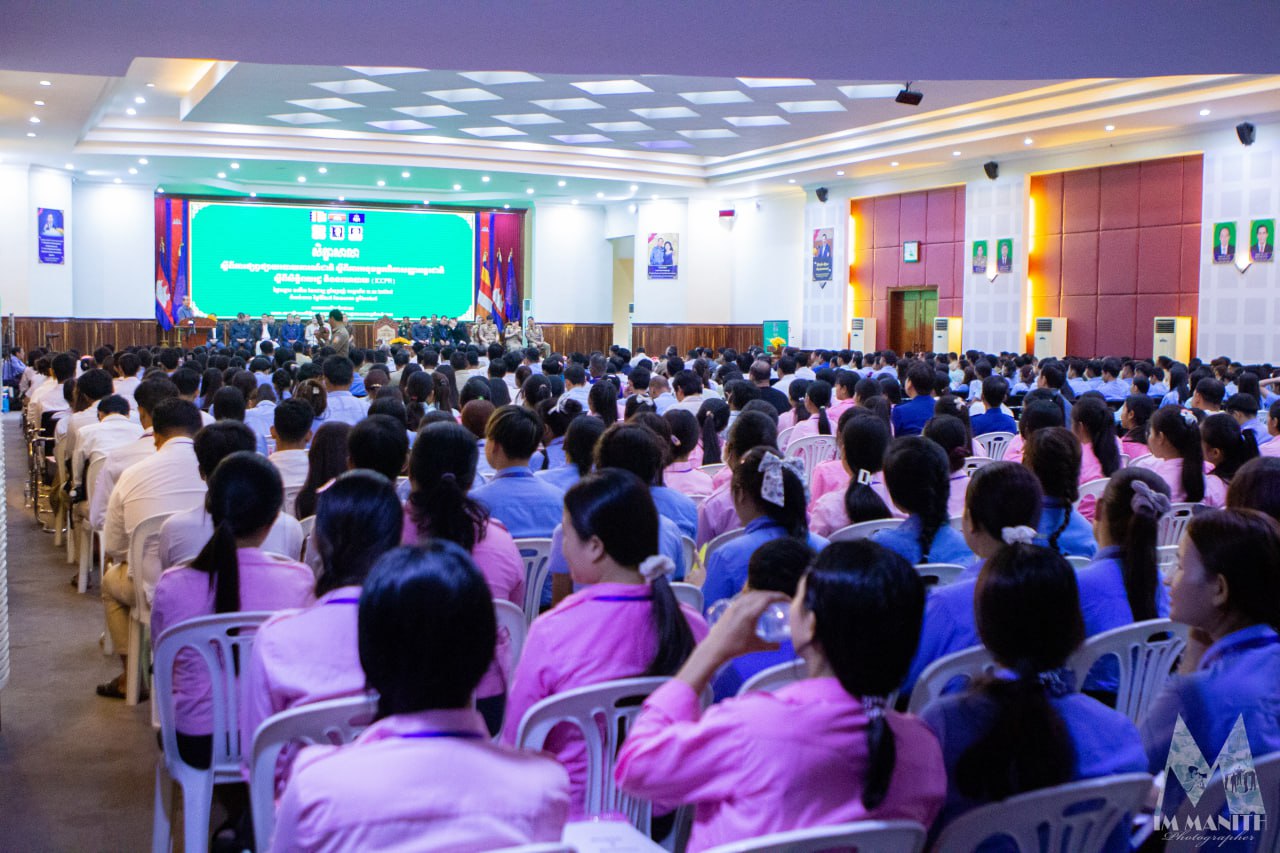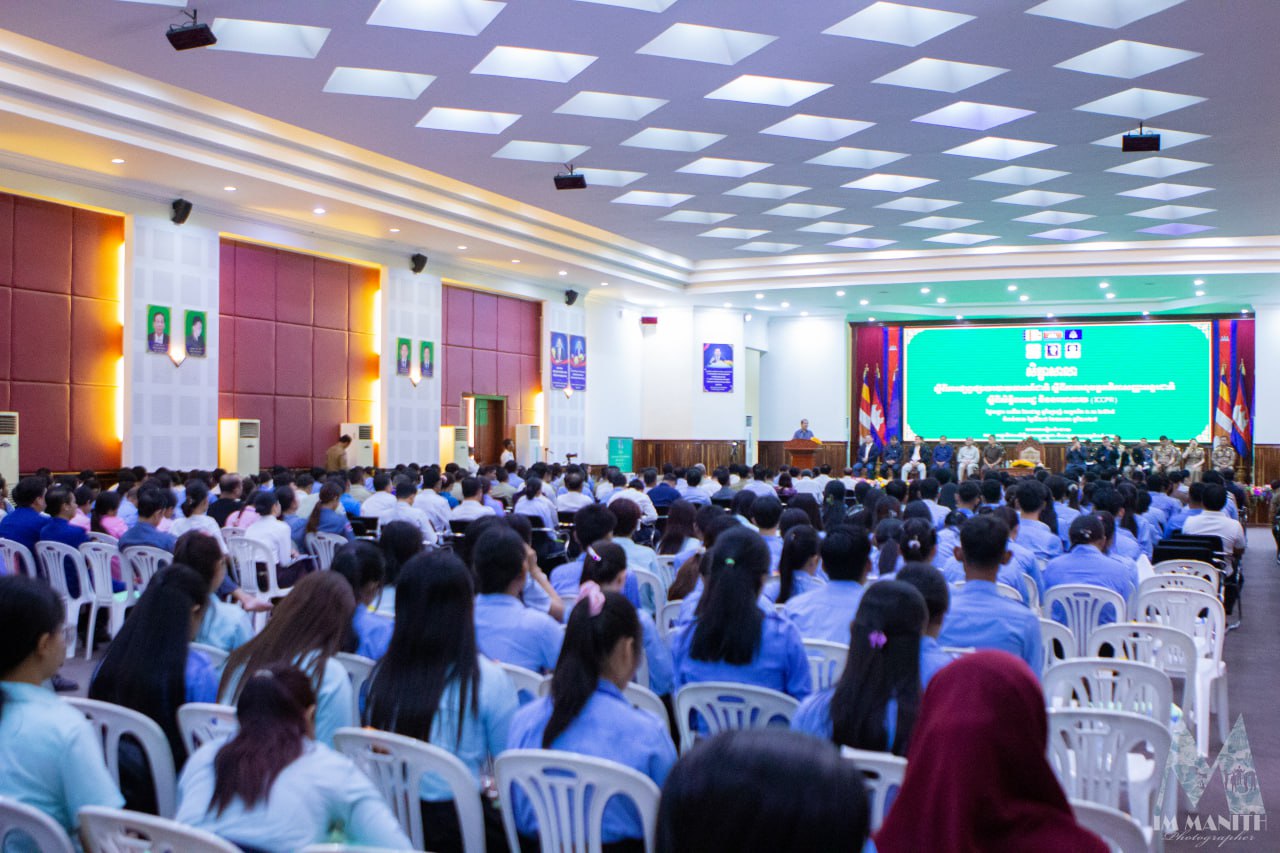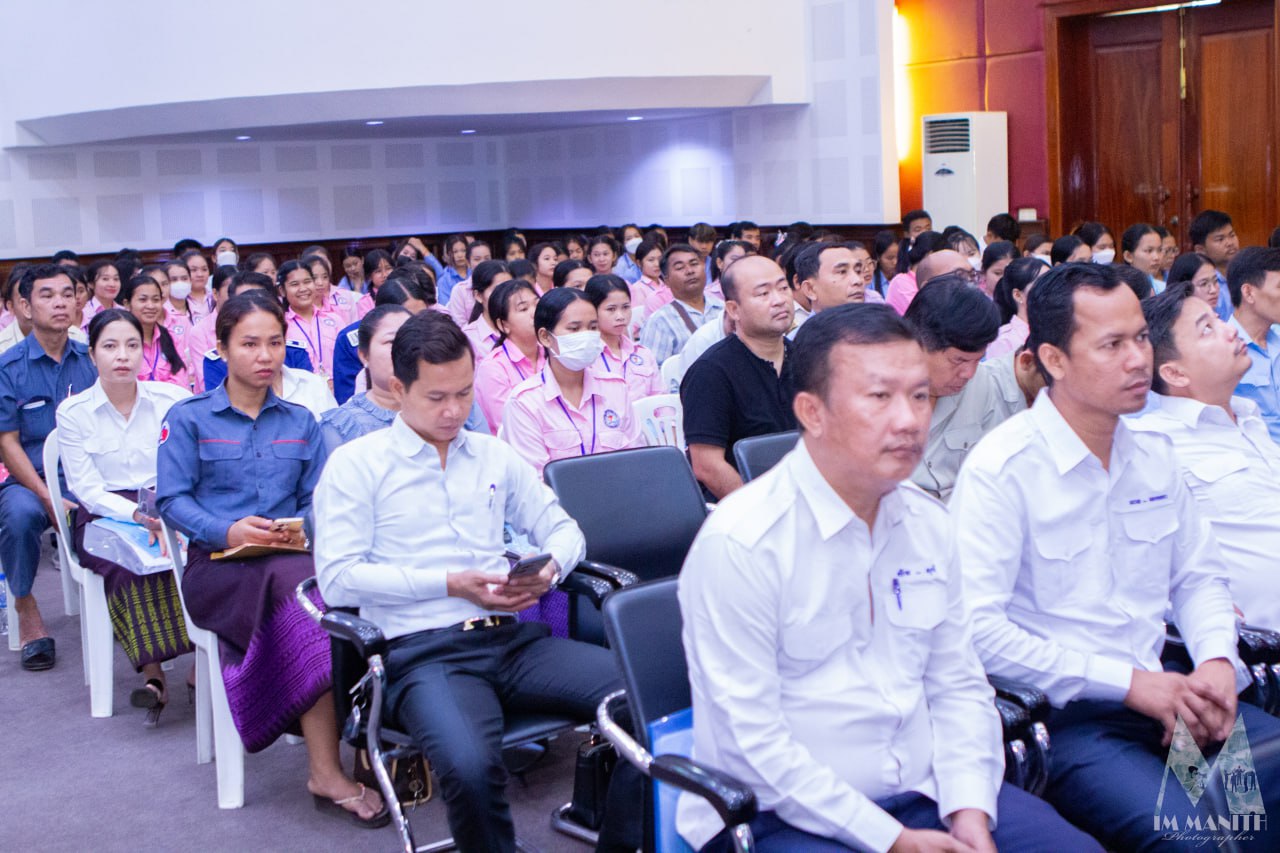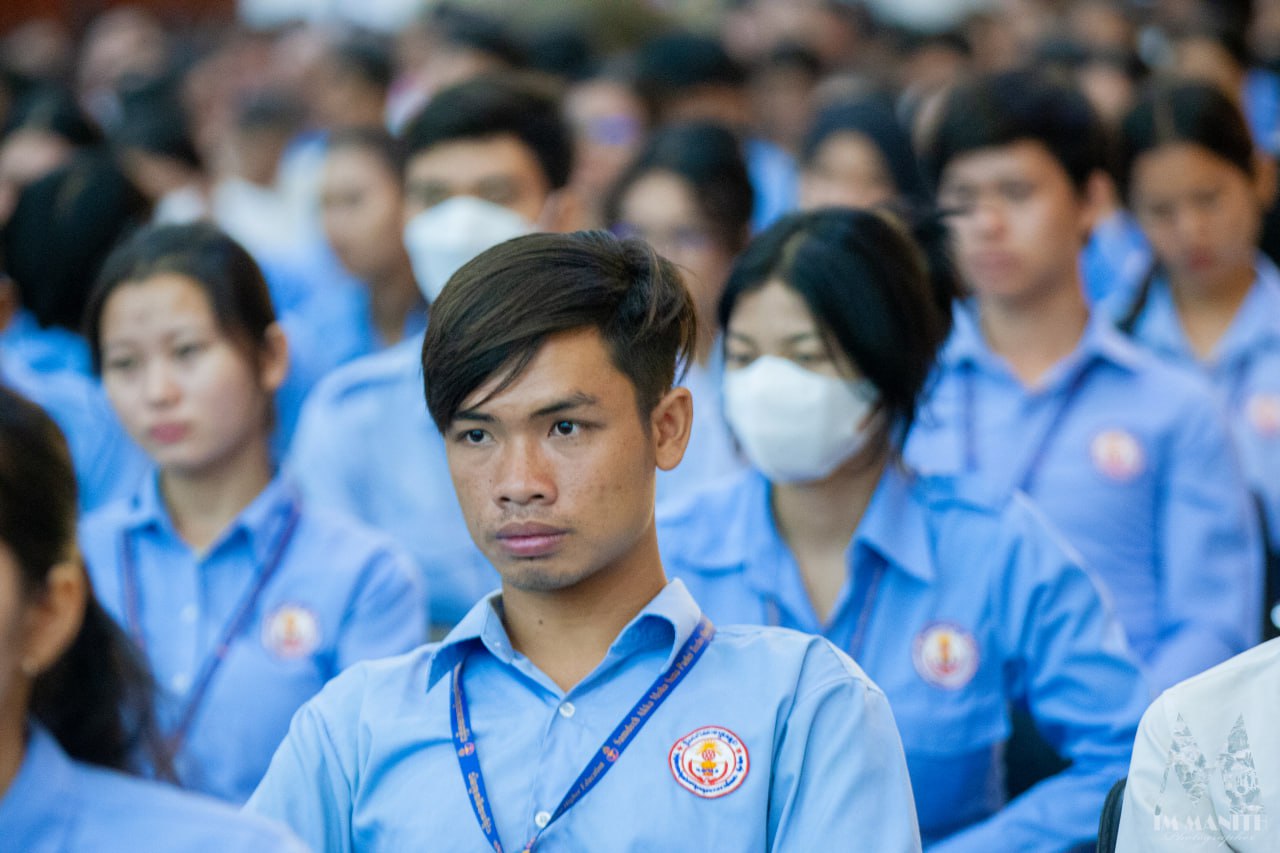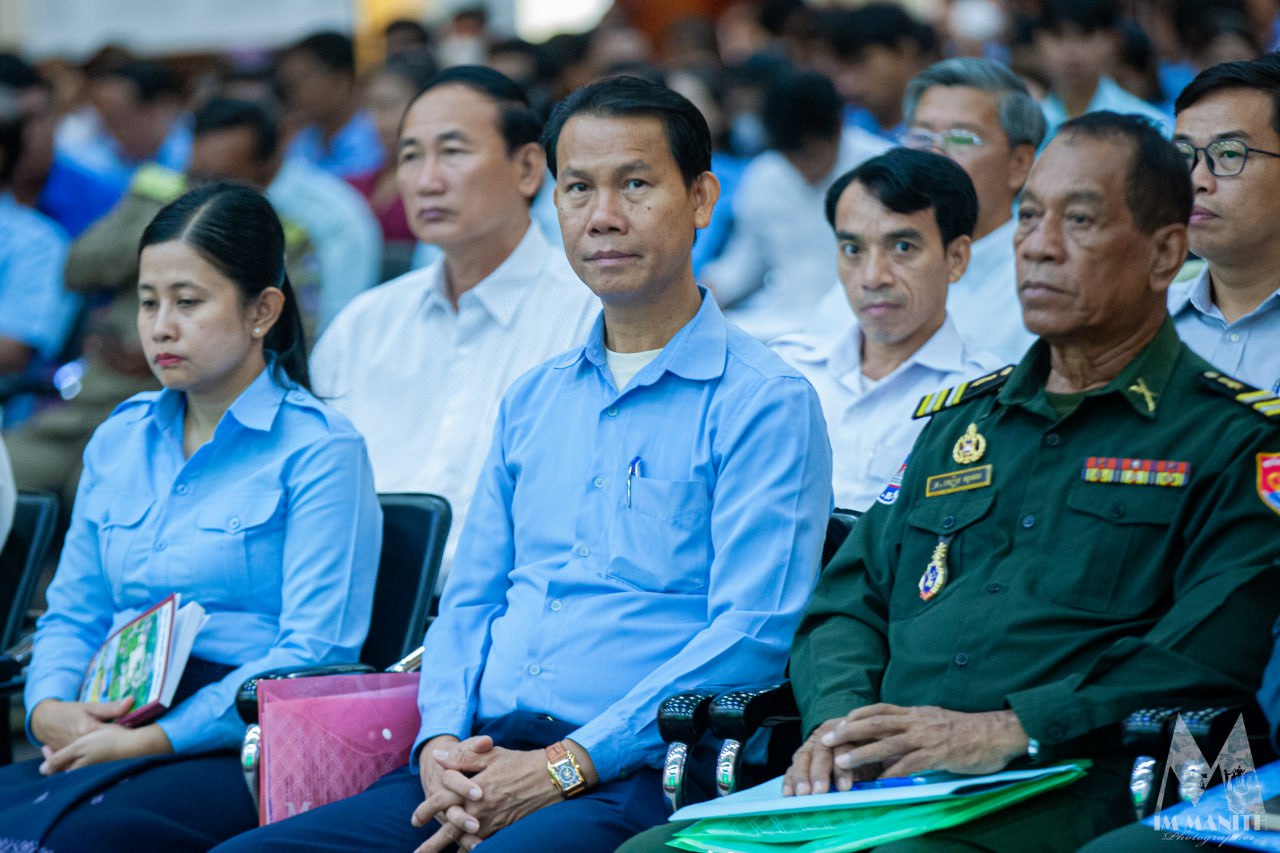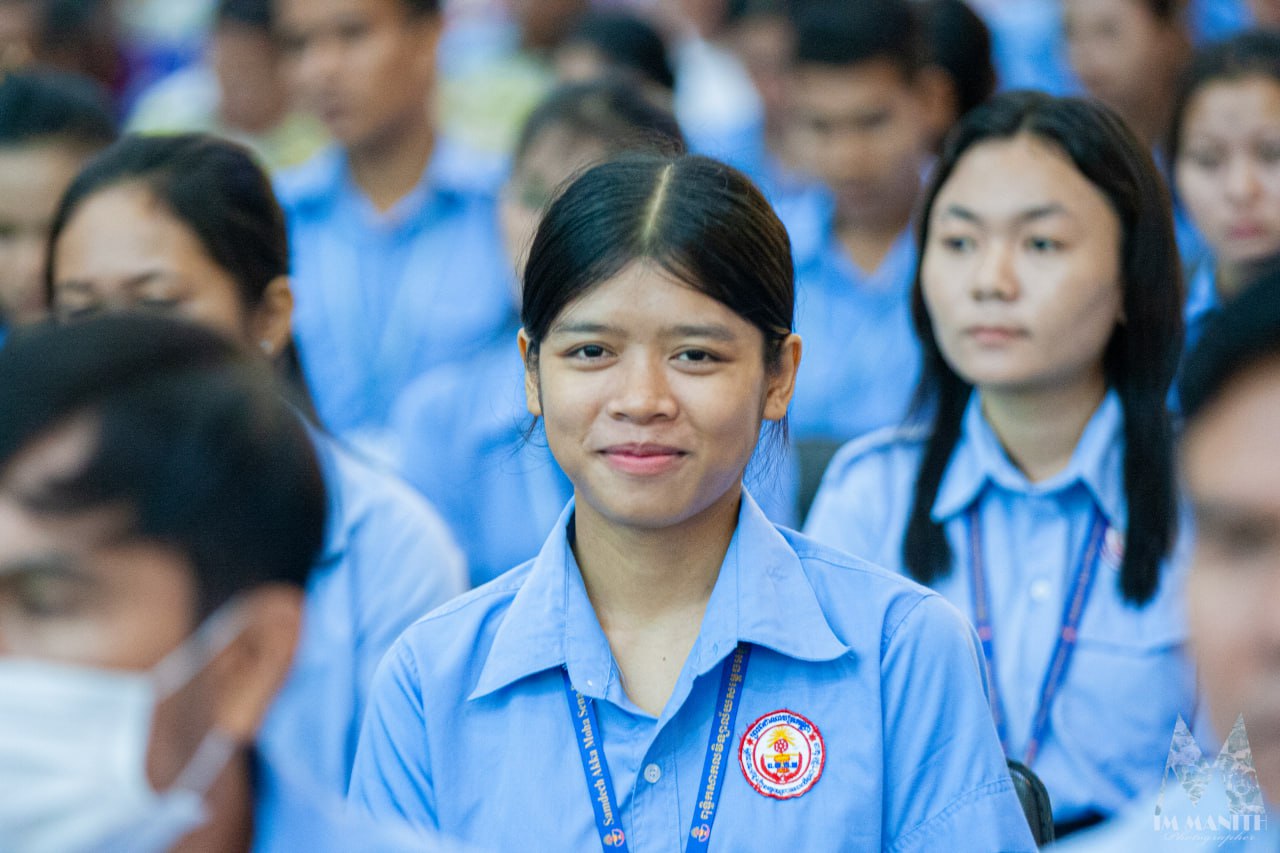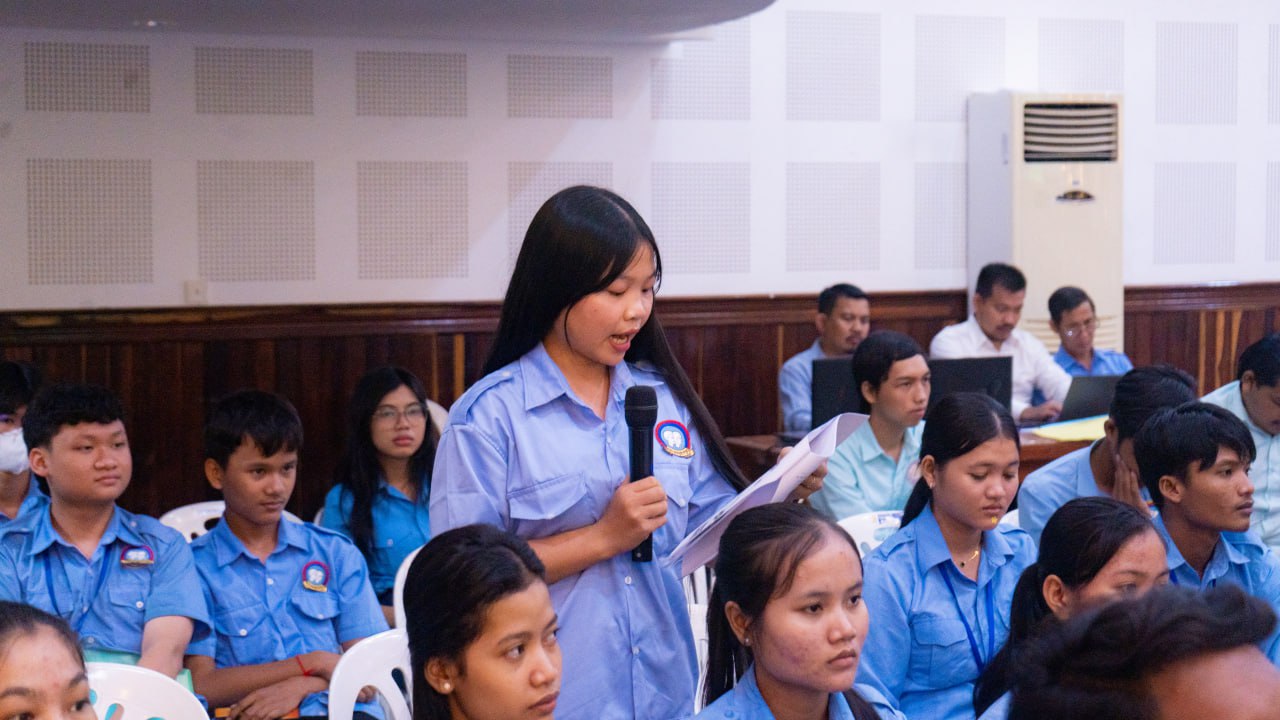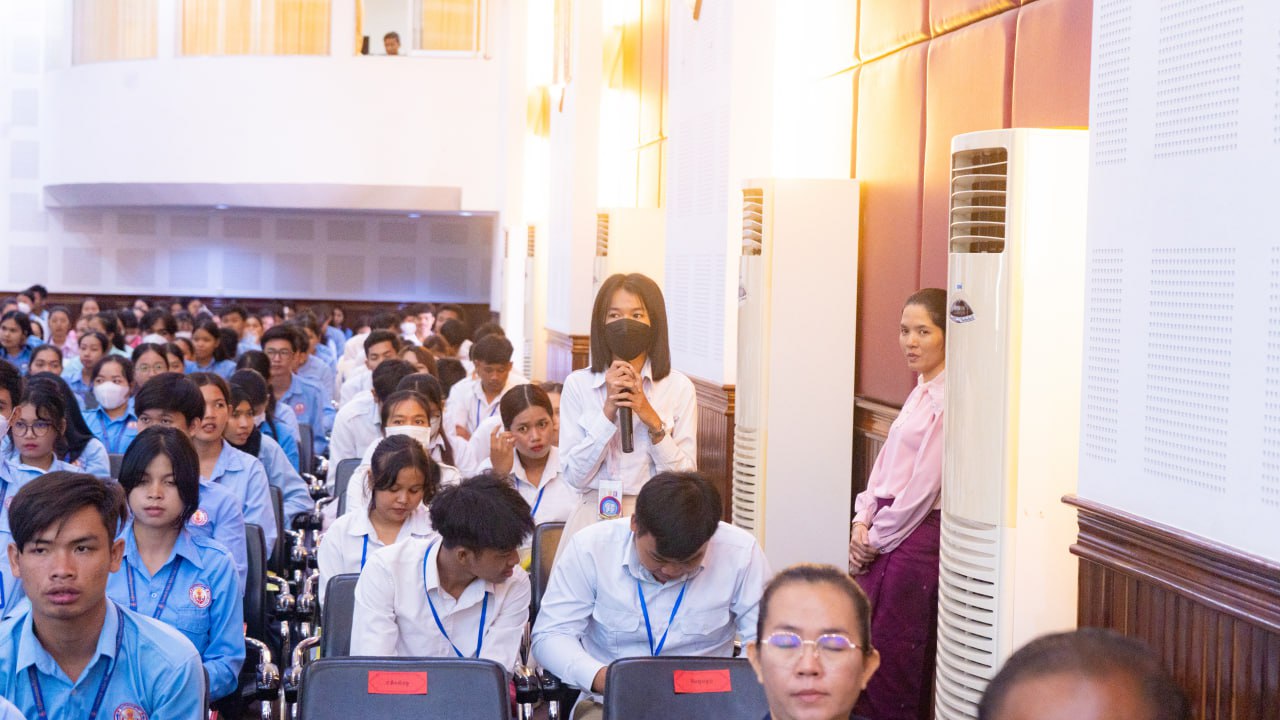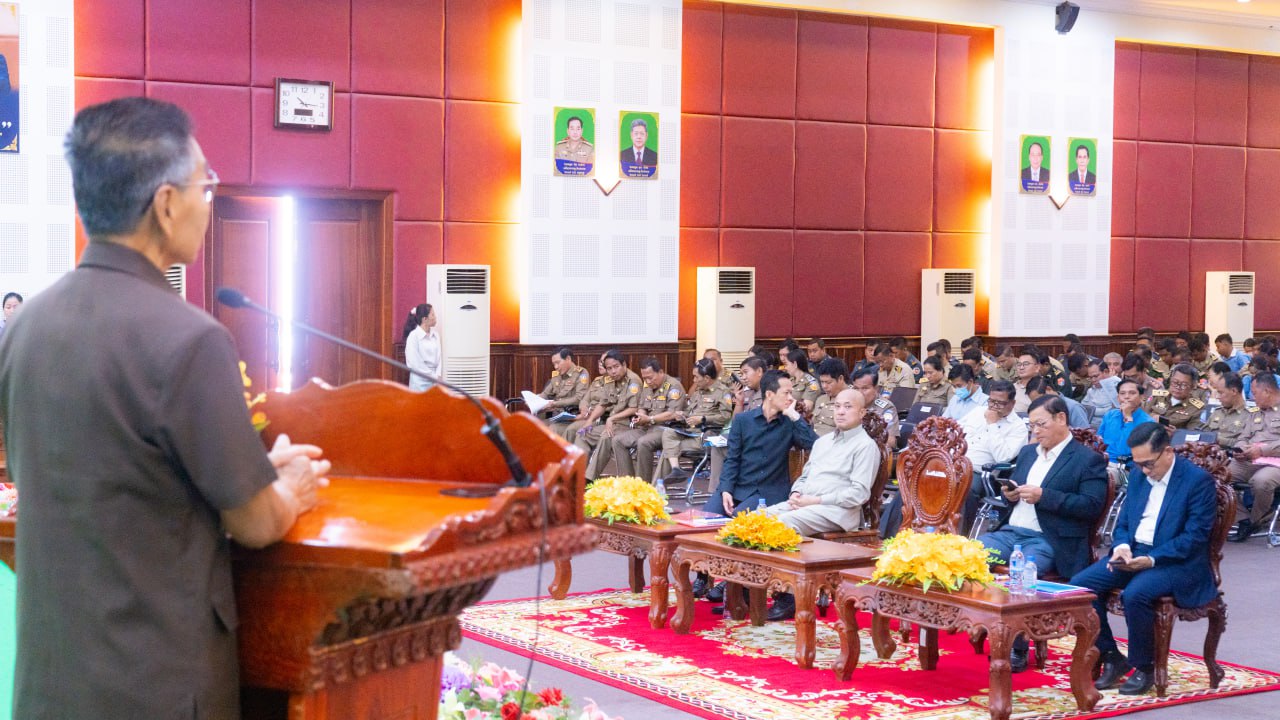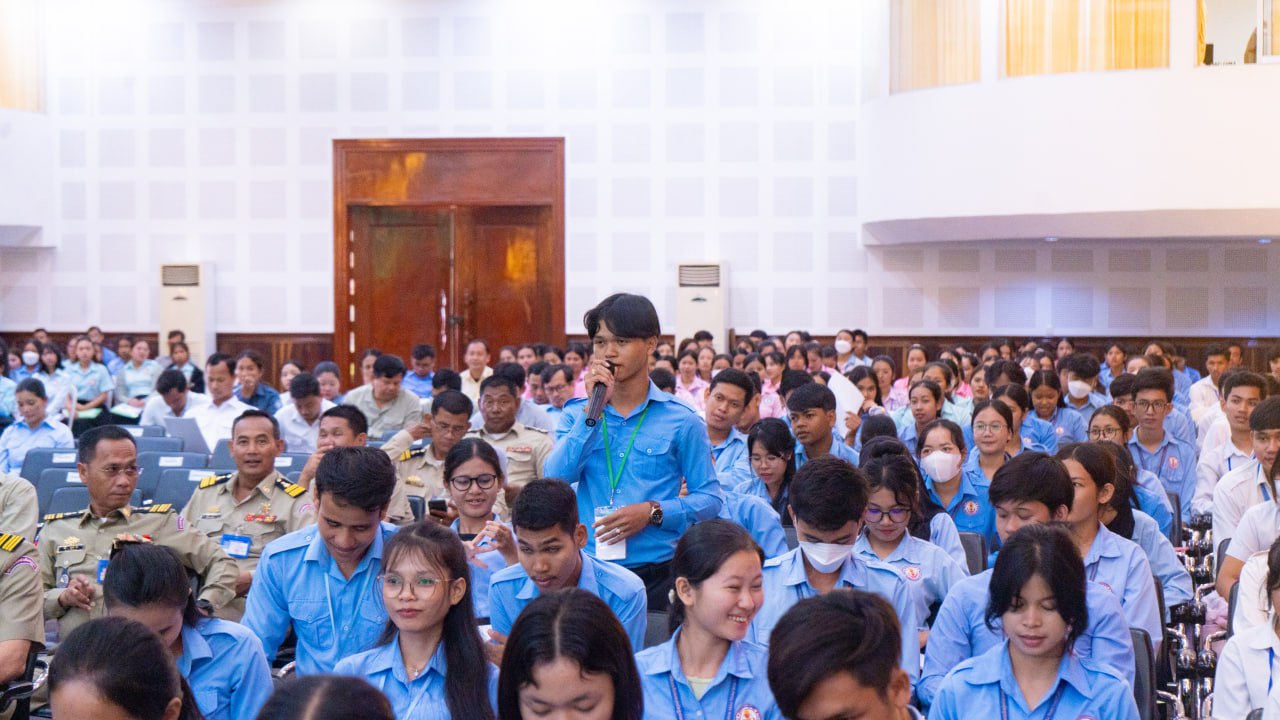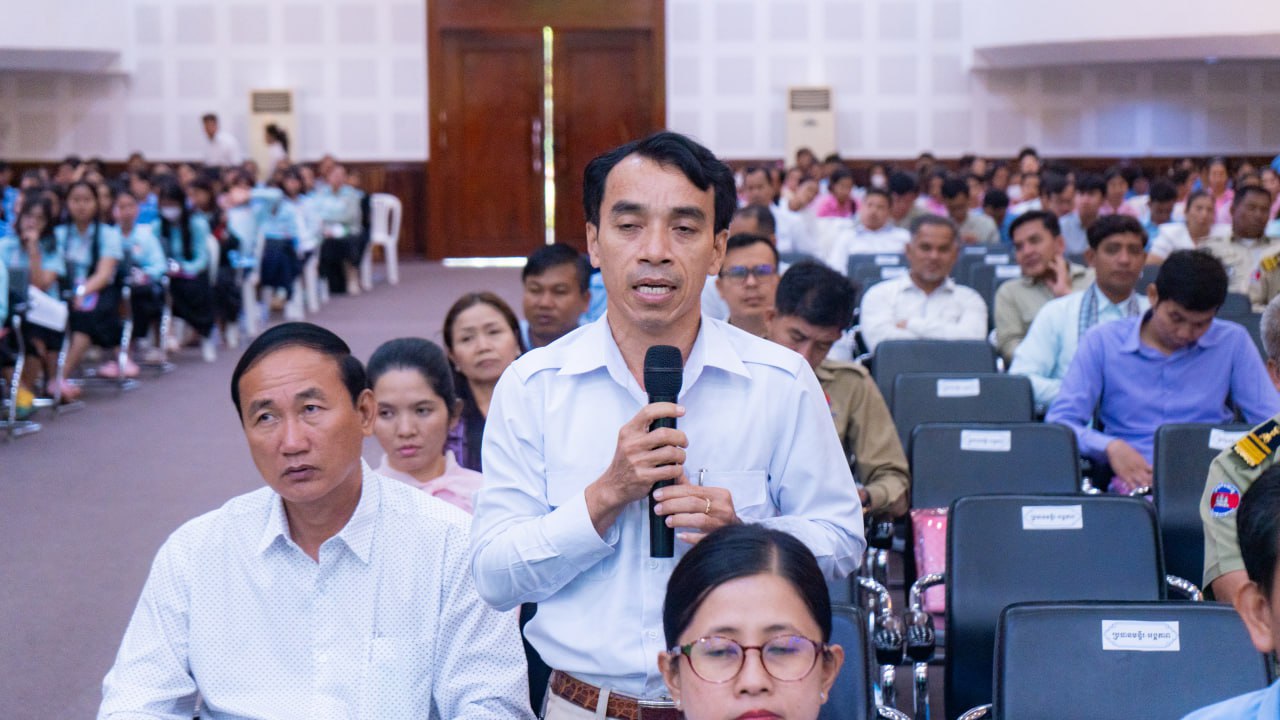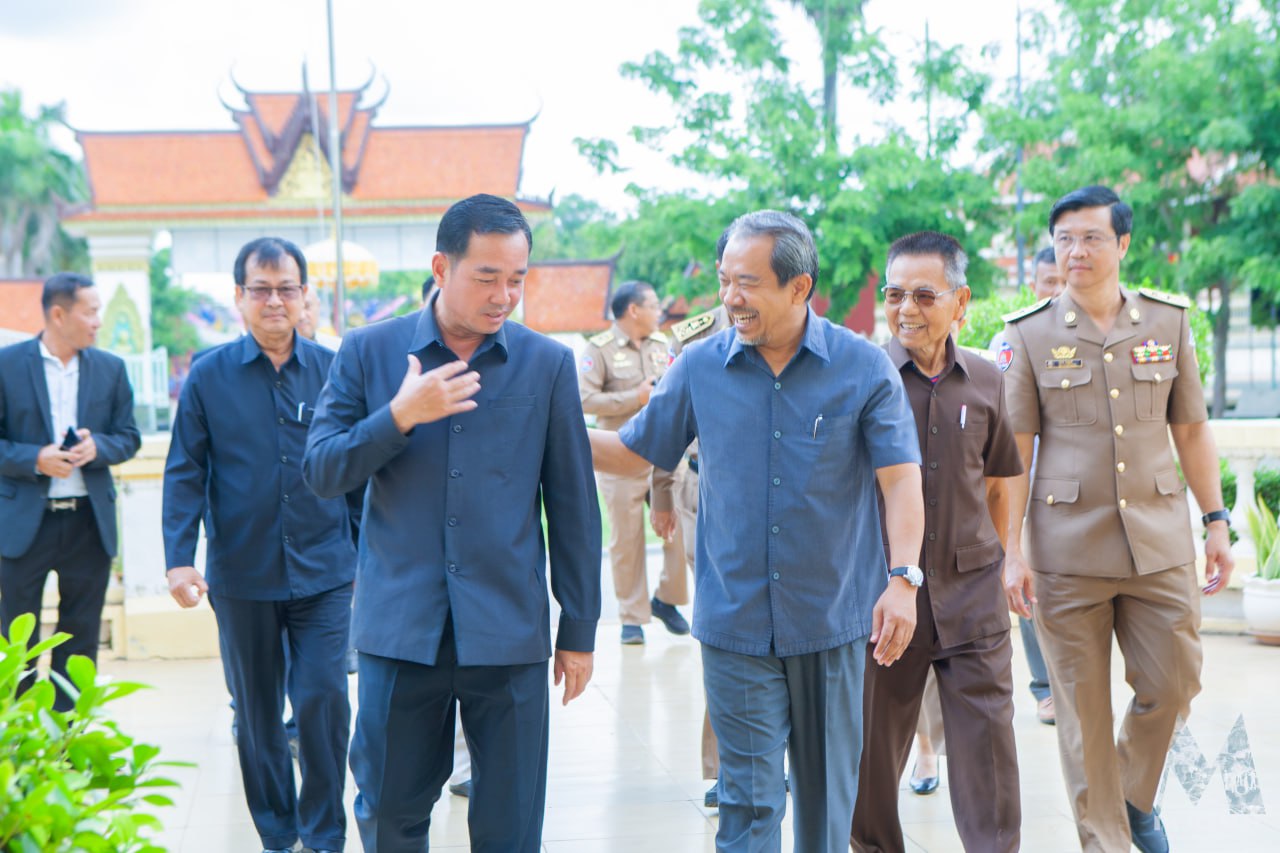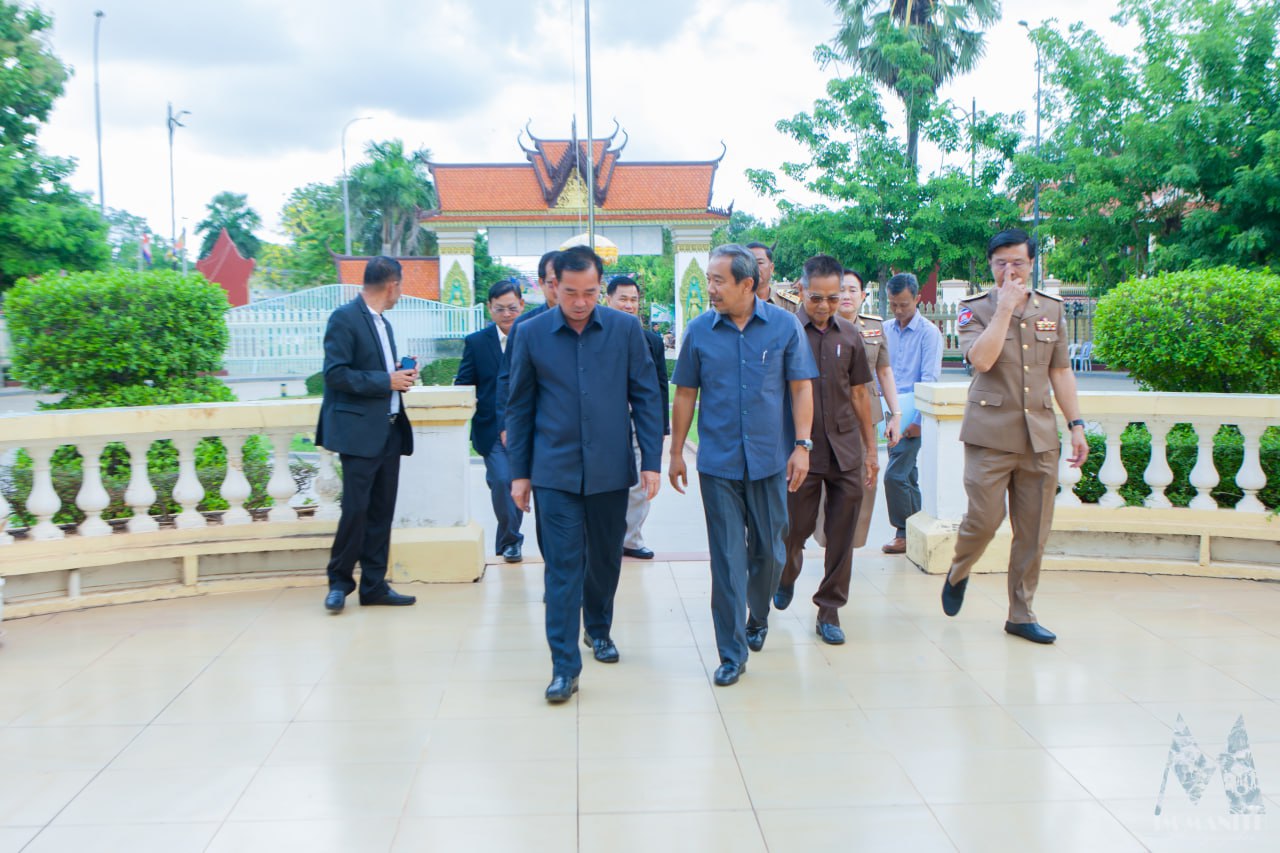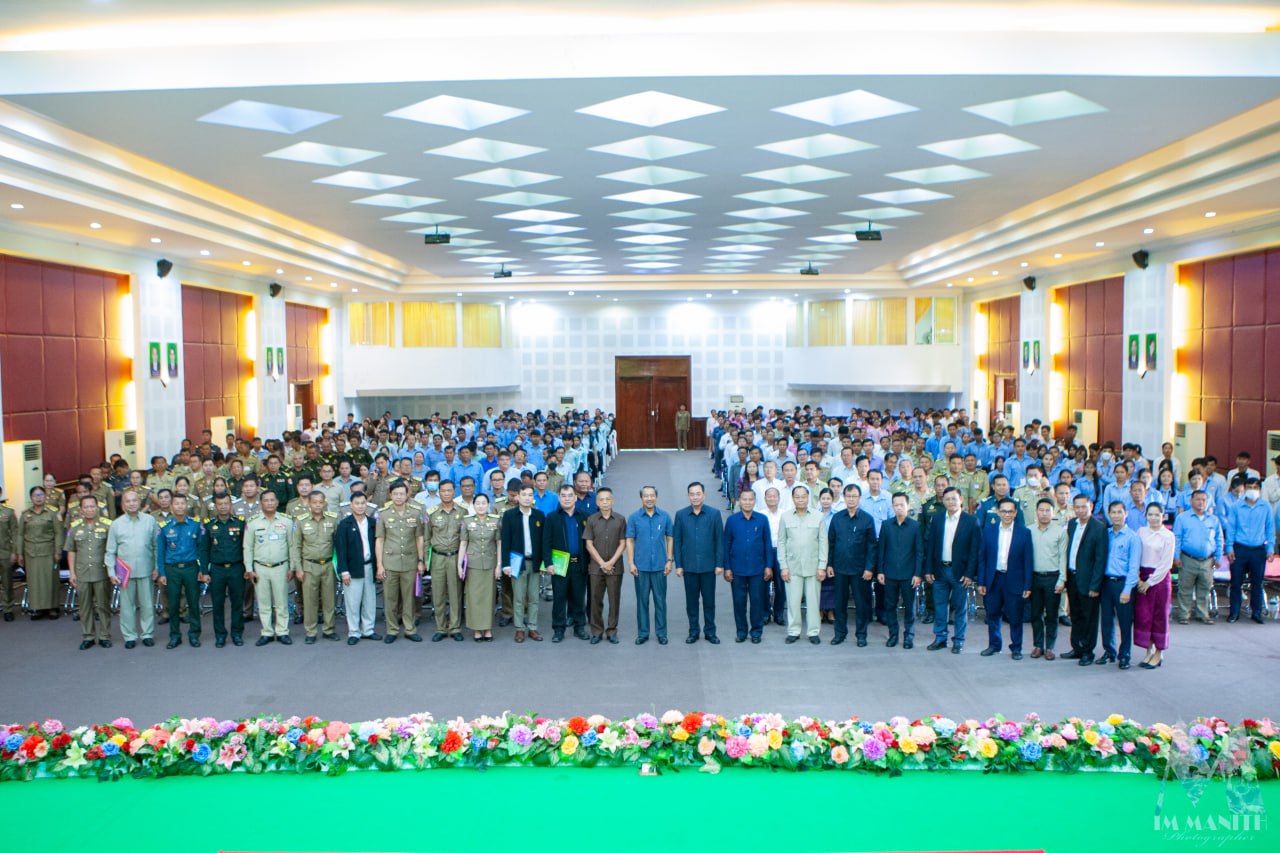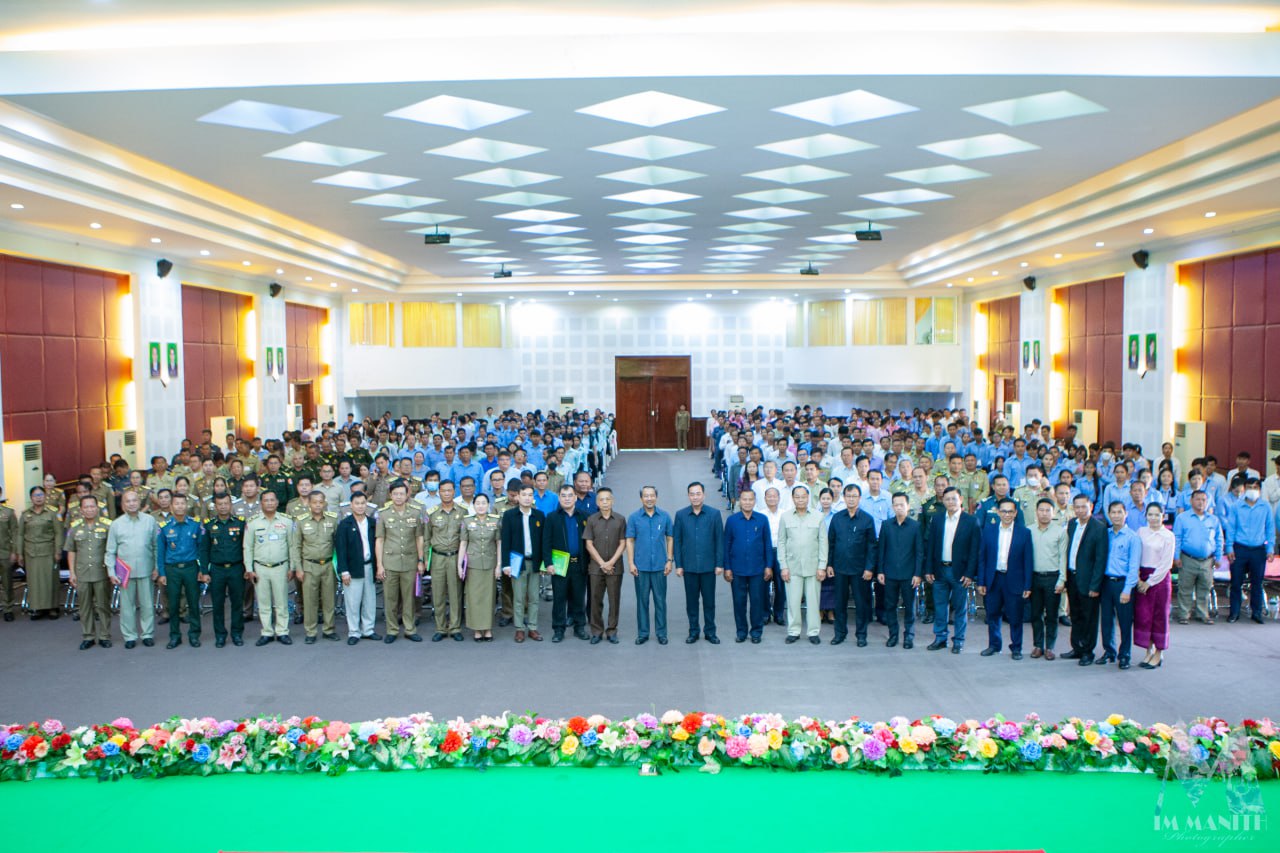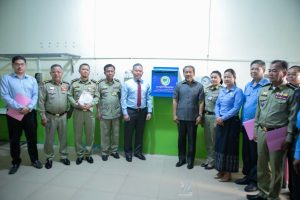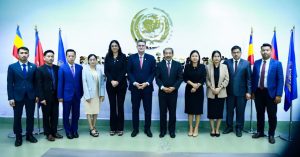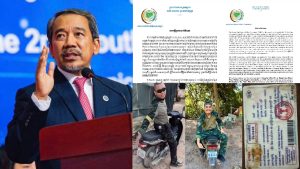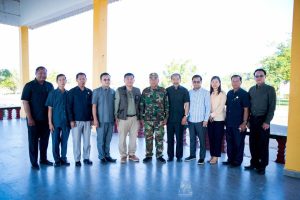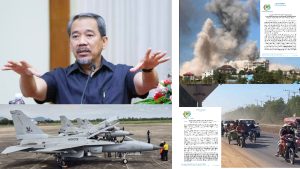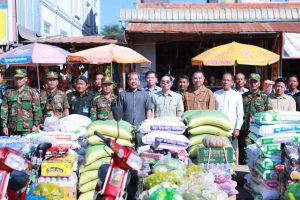HE Keo Remy, Senior Minister, said: “The Royal Government of Cambodia strives to promote human rights in the country, with a particular focus on the women’s rights. Unlike in certain countries where women are restricted from higher education and do not have the right to choose their future spouse.”
 HE Keo Remy, Senior Minister, said: “The Royal Government of Cambodia strives to promote human rights in the country, with a particular focus on the women’s rights. Unlike in certain countries where women are restricted from higher education and do not have the right to choose their future spouse.”
HE Keo Remy, Senior Minister, said: “The Royal Government of Cambodia strives to promote human rights in the country, with a particular focus on the women’s rights. Unlike in certain countries where women are restricted from higher education and do not have the right to choose their future spouse.”
HE Keo Remy, Senior Minister, President of the Cambodian Human Rights Committee (CHRC), presided over the opening ceremony of the Dissemination Workshop on National Report on the Implementation of the International Covenant on Civil and Political Rights in Kampong Cham province, on Tuesday morning, 27 May 2025, in its provincial meeting hall, with a total of approximately 600 participants, including HE Un Chanda, Governor of Kampong Cham province, as well as Deputy Governors, provincial departments and administration, military police, police, prison representatives, students, student teachers, and spokespersons from various organisation. This workshop was organised by the CHRC in collaboration with the Kampong Cham provincial administration.
He stated that this workshop was organised with the aim of (1) showcasing the efforts and major achievements of the Royal Government in protecting and promoting human rights in Cambodia; (2) demonstrating regular implementation of the Royal Government’s international obligations as a member state of the United Nations; (3) providing additional awareness to sub-national units to better understand the human rights efforts made by the Royal Government; and (4) promoting the participation of sub-national entities in the implementation of the concluding observations (recommendations) of the national report on the International Covenant on Civil and Political Rights.
He emphasised that Cambodia has ratified 8 out of the 9 international covenants, conventions, and their provisions have been incorporated into the national Constitution of Cambodia, which means that following Cambodia’s accession to these international covenants, conventions, the country is obliged to prepare national reports and send human rights delegations to defend them before the United Nations Human Rights Council.
He noted that Cambodia has welcomed the UN Special Rapporteur and permitted the establishment of their office in the country, starting from the time when Samdech Techo Hun Sen was Prime Minister up to the present, under the leadership of Samdech Moha Borvor Thipadei Hun Manet. The establishment of the UN Special Rapporteur’s office does not mean that Cambodia does not respect human rights; on the contrary, it aims to monitor human rights practices in Cambodia. Moreover, the CHRC never refuses and always welcomes discussions with representatives of various embassies, including international organisations. He thanks the Royal Government for promoting and protecting human rights in Cambodia. In particular, Cambodia has protected and respected the women’s rights, unlike in certain countries in the world where women are restricted from — even driver’s licenses — higher education, and do not have the right to choose their future spouse.
In addition, he stated that Cambodians should take great pride in fact that Cambodia does not have the death penalty unlike in other countries; he stressed that abolishing the death penalty is a crucial obligation aligned with international human rights law.
He also noted, commended, and greatly valued the report of HE Un Chanda, Governor of Kampong Cham province for being comprehensive and thorough, highlighting the progress and development across the whole province, with particular emphasis on the education sector.
Furthermore, the CHRC is always involved in protecting the LGBT rights and people with disabilities; and Cambodian citizens throughout the country have the full right to choose the freedom of religious belief.